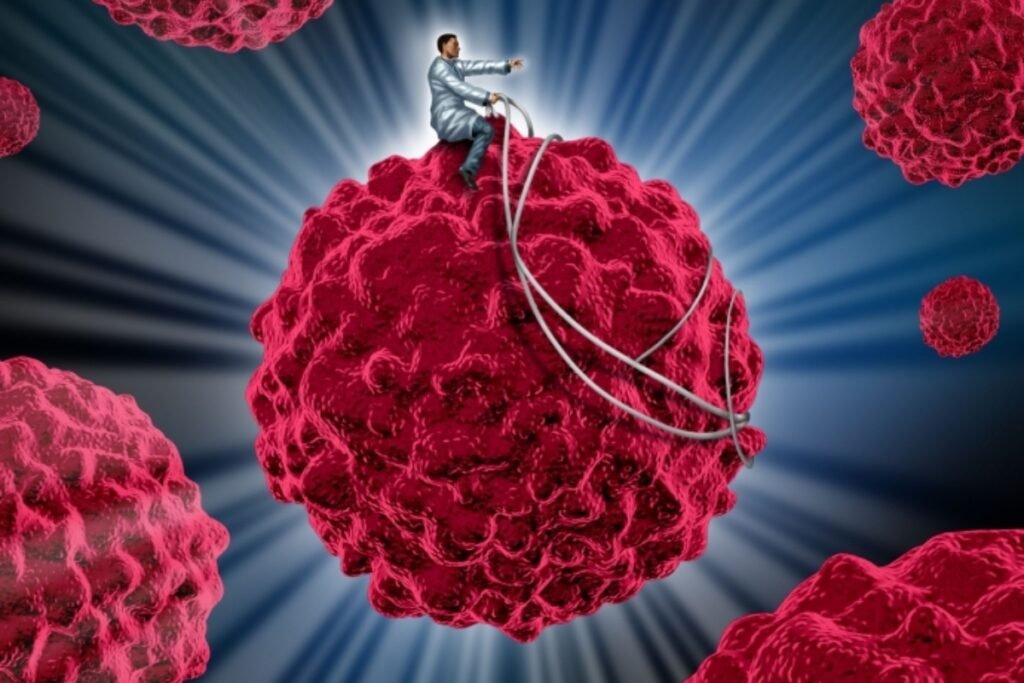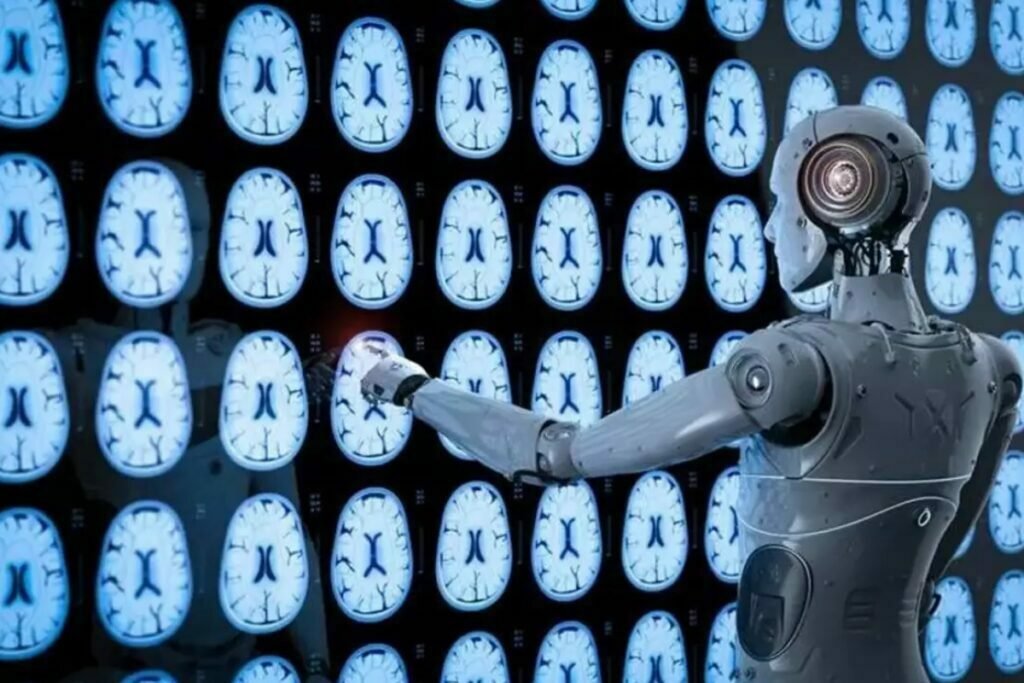Artificial Intelligence in Oncology: A big trend right now is artificial intelligence (AI). Even though AI has long been a part of our lives, the launch of the online chatbot ChatGPT by the business OpenAI on November 30, 2022, has sparked a fresh wave of excitement about how AI could be able to enhance our quality of life. You’re probably one of the few people who haven’t tried ChatGPT. According to recent estimates, the ChatGPT website receives over 25 million visits per day. $10 billion has been invested in OpenAI by Microsoft. Conversational AI will be included into Google’s search engine, the company has said. To uncover and assess cutting-edge uses of artificial intelligence to clinical care, the New England publication of care has also announced plans for a new online publication named NEJM AI.
Entry Of Artificial Intelligence in Oncology
What potential benefits may AI provide for oncologists and hematologists in particular? I looked to ChatGPT itself to provide an answer to that query.
- First, Artificial Intelligence in Oncology might improve radiologists’ reading of scans and lower the rates of false-positive and false-negative outcomes, leading to a more accurate detection of malignant tumors on imaging examinations.
- Second, AI might recognise biomarkers in the era of focused therapeutics and guide doctors in selecting the best courses of action.

- Third, by analyzing data from wearables, Artificial Intelligence in Oncology might enhance remote patient monitoring. This feature would be beneficial for patients taking conventional chemotherapy as well as when we begin to utilize bispecific antibodies and closely monitor patients’ vital signs for symptoms of cytokine release syndrome.
- Fourth, AI-powered robots might help surgeons carry out procedures with more accuracy and precision. Fifth, chatbots may record a doctor-patient consultation and then summarize the conversation in a note.
- Sixth, chatbots are already able to assist us in solving diagnostic problems that patients bring. As an illustration, I asked ChatGPT what diagnoses I ought to take into account for a patient who complained of blisters on the backs of her hands. Although it omitted porphyria Cutea Tarda, which was what I was thinking, it included a differential diagnosis of six illnesses.
There are undoubtedly innumerable other things that Artificial Intelligence in Oncology might assist doctors with. In fact, ChatGPT could have produced the entirety of this paper on AI in cancer for me in less than 10 seconds. I am aware of this since I gave it a go and it succeeded. I didn’t, however, release that version. That would be dishonest.





























